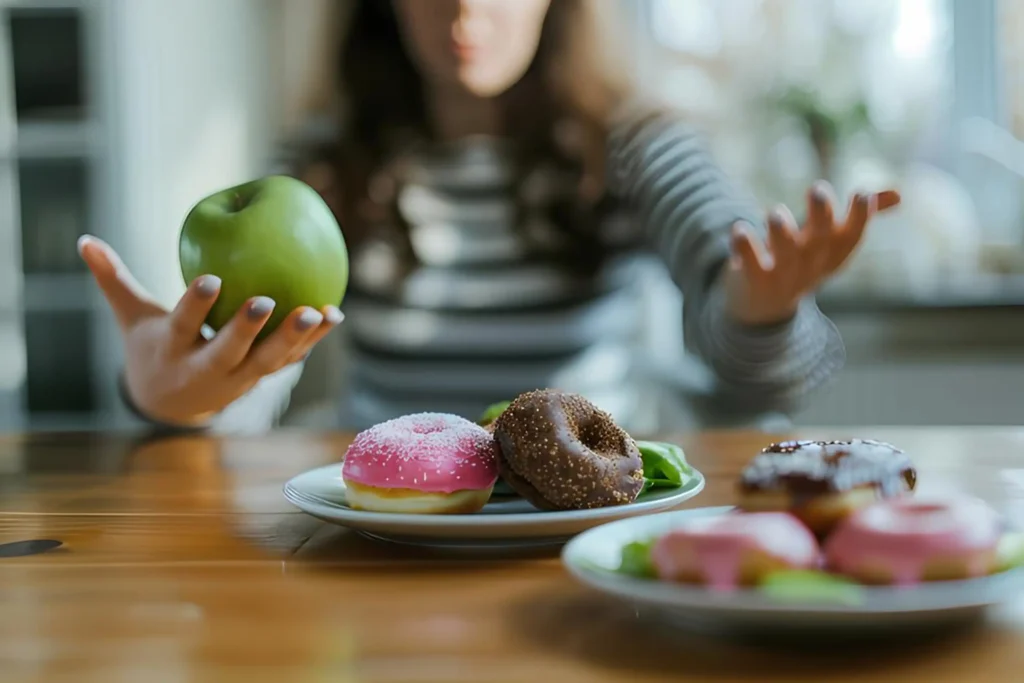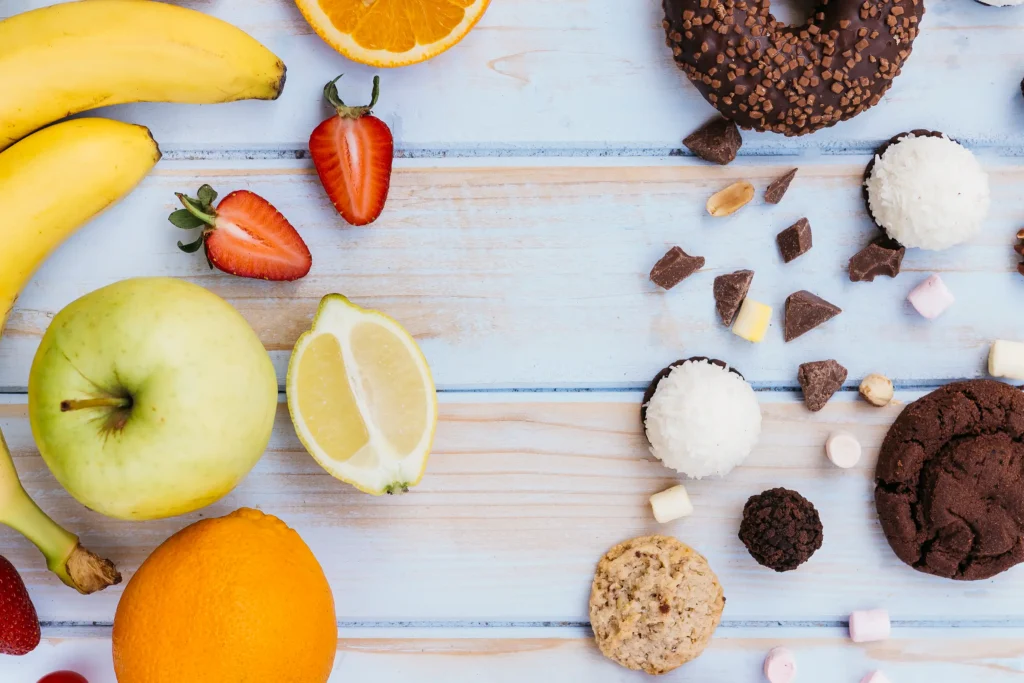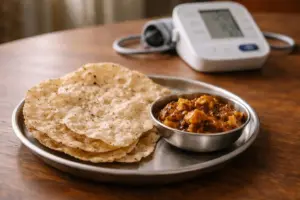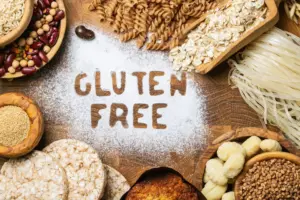
We all love a little sweetness in our lives, whether it’s a slice of cake, a spoonful of honey, or a sweetened tea. But how much sugar is too much? And how much should you be eating every day to stay healthy? Well, in this guide, you can learn everything about how much sugar you should eat in a day.
What is sugar exactly?
Sugar is a type of carbohydrate that gives your body energy. It comes in different forms from the natural sugars found in fruits, vegetables, and dairy. Added sugars are actually put into food cooking processes; you can find them in sodas, candy, cookies, cakes, flavoured yoghurt, and even salad dressings. It’s the added sugar that you need to watch out for.
Also Read | Diabetic? These fruits and food options won’t spike your sugar!
Why is too much sugar a problem?
Eating too much sugar leads to weight gain, and that’s often the first concern. High sugar intake has been linked to many health problems like tooth decay, type 2 diabetes, fatty liver, heart disease, acne and skin issues, and increased risk of certain cancers. Sugary foods typically provide empty calories, offering energy with little to no nutrients.

So how much sugar should you have?
According to the World Health Organisation, men should have 36 grams of added sugar per day, and that’s around 9 tablespoons. Women should have no more than 25 grams, about 6 tablespoons. Children should also stay under 25 g. To give an idea, you can say a 12-ounce can of soda has about 39 grams of sugar, while one chocolate bar can have 20 to 30 grams.
But wait, don’t fruits have sugar?
Yes, they do contain sugar, but natural sugars found in fruits and vegetables are not harmful. These foods are packed with fibre, vitamins, and antioxidants, which slow the way your body absorbs sugar and help protect your health. So eating an apple is not the same thing as eating a cookie, even if both contain sugar.
Tips to cut back on sugar
Before tossing something in your shopping cart, check the sugar content. Look for added sugars and aim for products with low or zero added sugar. Sugary drinks are one of the biggest sources of added sugar. Such products can include sodas, sweet energy drinks, sports drinks, and even packaged fruit juices. You can try switching between water, unsweetened iced tea, or sparkling water. From yoghurt to peanut butter to almond milk, many foods come with sweetened and unsweetened versions. Pick the unsweetened ones and add a bit of fruit or cinnamon if you need an extra punch.
Also Read | Cane sugar vs. corn syrup: Is the new Coca-Cola recipe any healthier?
While sugar consumption in moderation is okay, too much added sugar can cause problems for your health. Looking for choices, sticking to moderation, and mindful eating can help you maintain your health.








